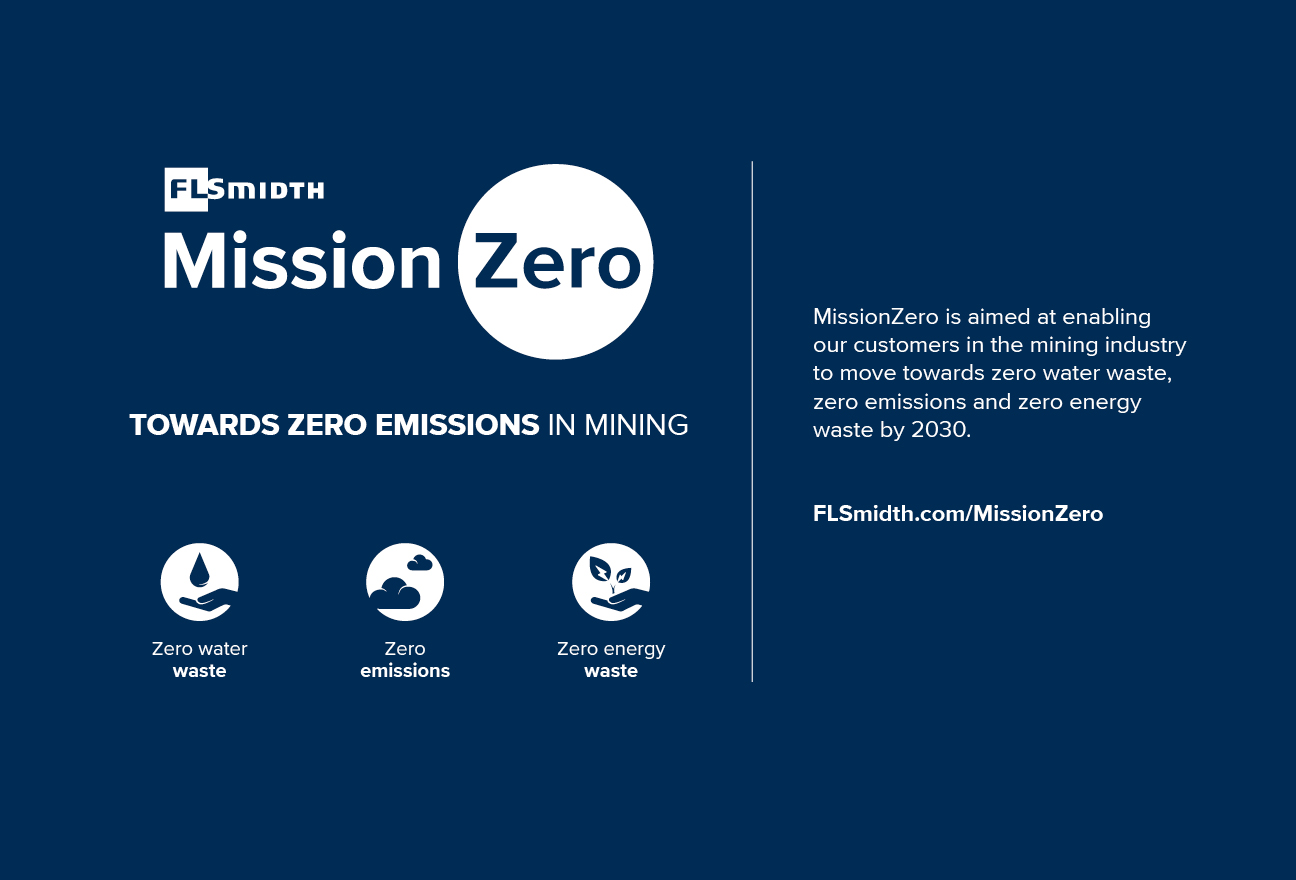Mazhar Beig oversees Utkal Alumina International, a 100 per cent subsidiary of Aditya Birla Group’s premium metal company Hindalco.“As the CEO, more than half of my time is spent in outside environment management because this place has never had industries before. The villagers have a lot of expectations from us,” he tells The CEO Magazine.
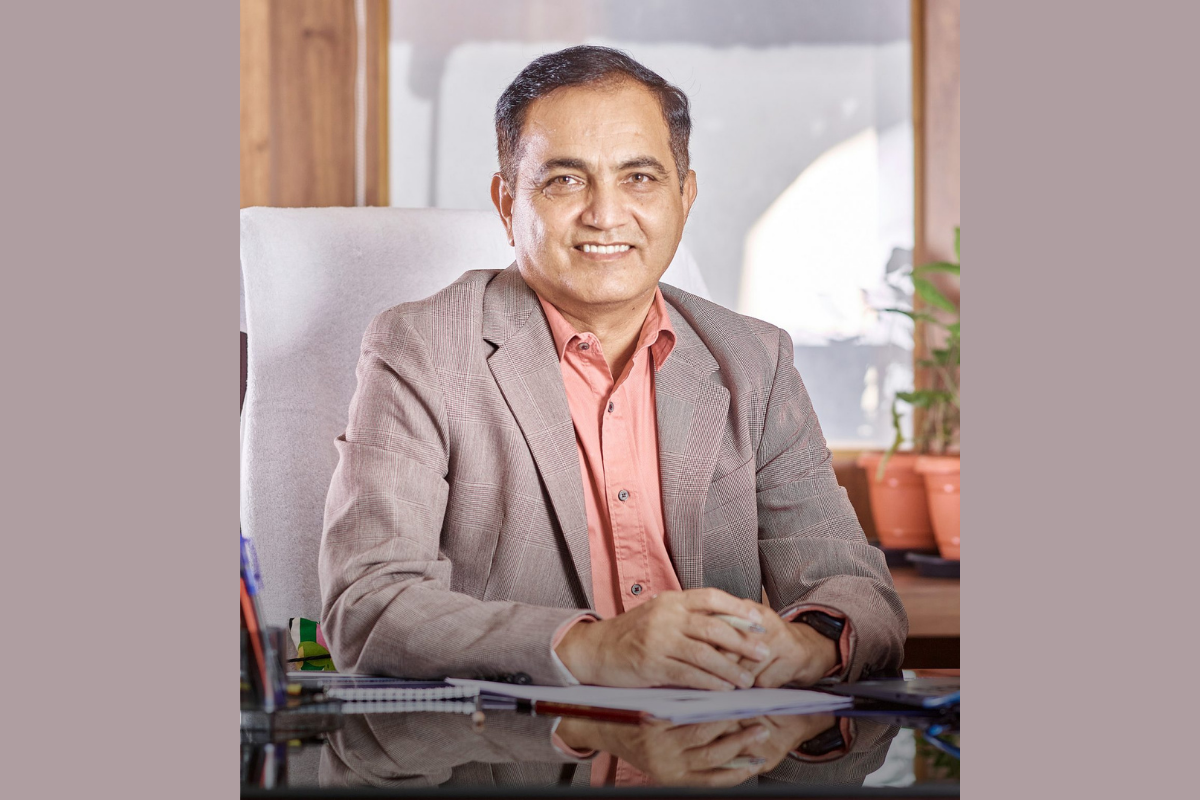
Positioning Utkal as a market leader comes with its fair share of challenges, something Mazhar is well-equipped to handle, with more than 30 years’ experience in the mining industry and being a natural problem-solver. In his early 40s, he went to the Democratic Republic of the Congo as Director Projects at Chemaf, where he set up the copper plant, expanded its cobalt project and found the freedom to push boundaries at the top.
Mazhar had ideas to improve Utkal and he put them into practice after being promoted to CEO in 2020. “My focus was to recover the ground we lost because of COVID-19 and make a strategy to expedite the project,” he explains. “I focused on certain priority loops for critical path items and kept aside the peripheral things which are not essential for commissioning. Things started happening really fast.”
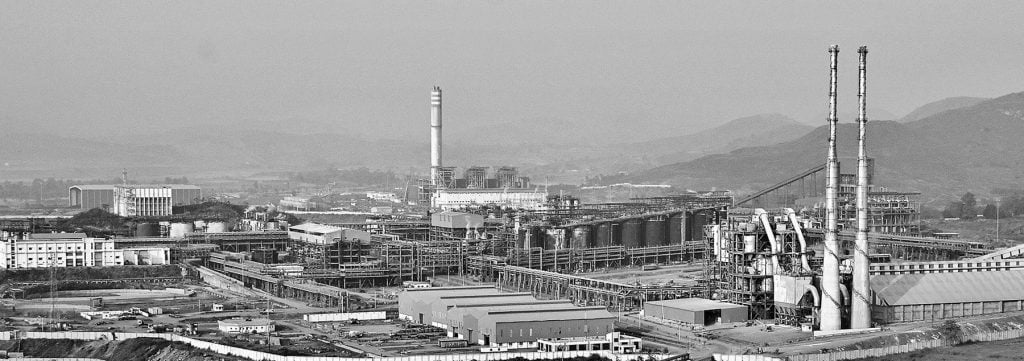
According to Mazhar, the results were groundbreaking. “The global benchmark for commissioning a brownfield project and refinery is around 40–50 days. Our plant could ramp it up in six days.”
Utkal’s refinery project is located in the cradle of the hills, about 50 kilometres away from its headquarters in Odisha’s Rayagada district. Mazhar says the mining industry is required to constantly protect the integrity of the ecosystem and his efforts are showing results. “Utkal has a lot of goodwill in this place,” he says. “We work closely with the government and local administrations to enhance the lives of the local community.”
The company’s initiatives have made the locals independent of firewood and, combined with the Indian government’s Ujjwala scheme, has helped restore the greenery of the hills. It rehabilitates the places that have been mined for bauxite by adding topsoil and planting trees.
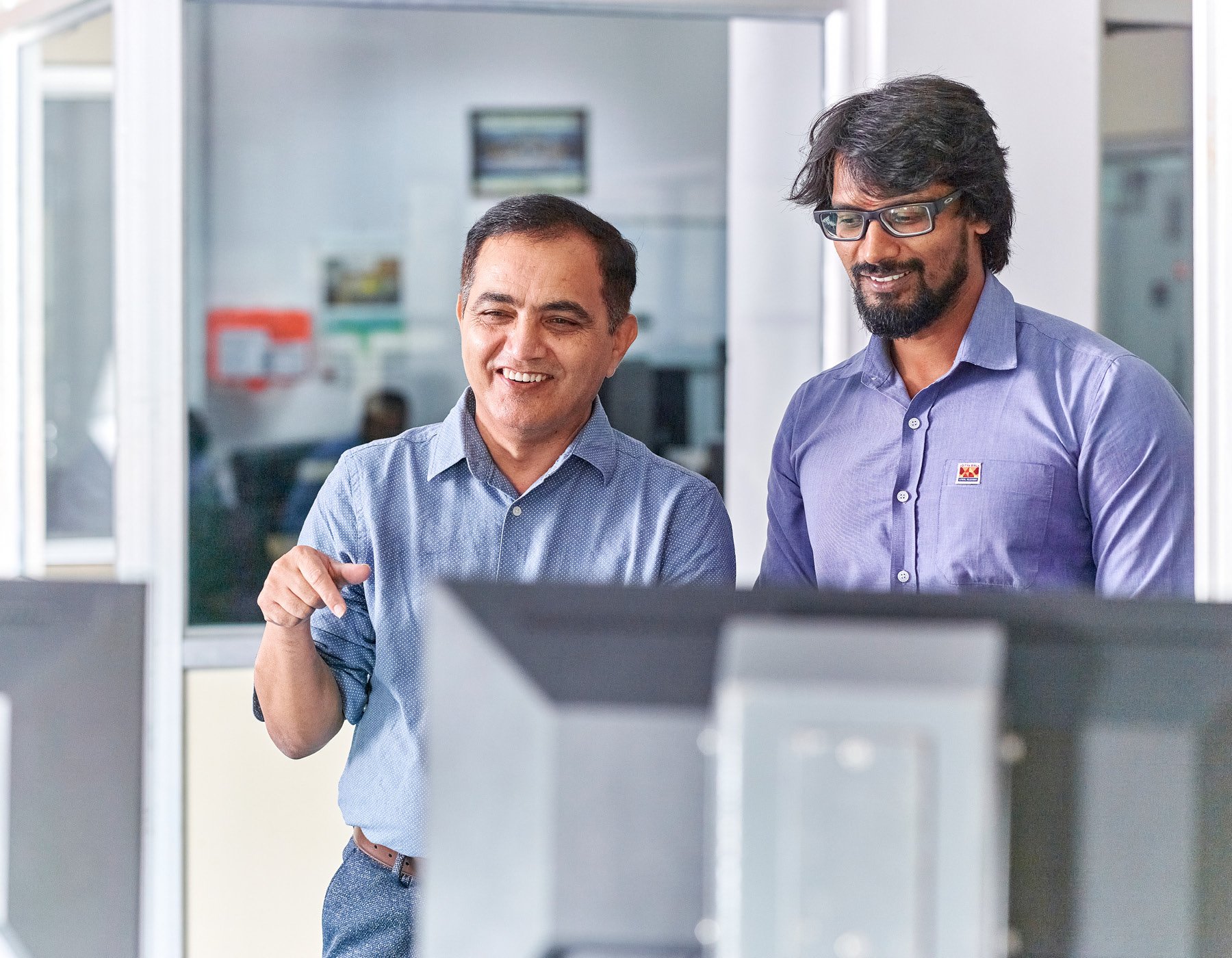
We work closely with the government and local administrations to enhance the lives of the local community.
Taking advantage of the high altitude, Mazhar has also rolled out a coffee project. “I have taken the initiative to create a coffee plantation, and we’re planning to make cooperatives of the local tribes where the money we generate from selling the coffee will be redistributed among them.”
Utkal’s goodwill projects span far beyond sustainability. It has built a hospital and a state-of-the-art school, both open to the employees and residents. “Our hospital is basically a CSR hospital. The percentage of our employees going there is hardly 10 per cent, whereas 90 per cent of this facility is dedicated to the local community,” Mazhar points out. “I am happy to report that 75 per cent of the children at the school come from the local community, and at least 25 per cent are our employees’ children.”
At the height of the country’s second wave of COVID-19, Utkal went to the migratory labour community and assured them of free treatment and vaccination, along with financial help. “This basically gave confidence to our people that they were in safe hands. We did not lose a single worker in the second wave,” he shares proudly.
The company’s wellbeing programs are also extended to employees. Mazhar has promoted work–life balance by bringing urban amenities and conducting cricket and football tournaments to encourage team spirit and cultural exchange between employees and residents. He considers this to be a key differentiator for his company.
However, Mazhar is also looking ahead in terms of technology to achieve business efficiency. He explains Utkal is using Industry 4.0 metrics to digitise the workforce. “We have hundreds of sensors installed in our plant to monitor and generate analytics. We are keeping ourselves modern,” he says, adding that this also prevents the decay of assets. “I don’t want to cut maintenance costs. We plan to maintain the plant as it was when it was built.”
The raw materials we use in our plant, we owe it to the underprivileged of the country. And we don’t have any business wasting it. So giving back to society will always be there at Utkal.
The company utilises an extensive outsourcing model and Mazhar appreciates the long-term partnerships he has been able to maintain with suppliers, contractors and employees, particularly during the pandemic. “What I’ve seen is that when we care about them, they care about us. In times of crisis, they go out of their way to help us,” he reveals.
Utkal’s supplier list runs long but the company has a set of key partners to achieve operational excellence. “We don’t do any road transport. We have a state-of-the-art, long-distance conveyor, which we use to bring bauxite to our refinery, and this is outsourced to Aditya Logistics,” he adds.
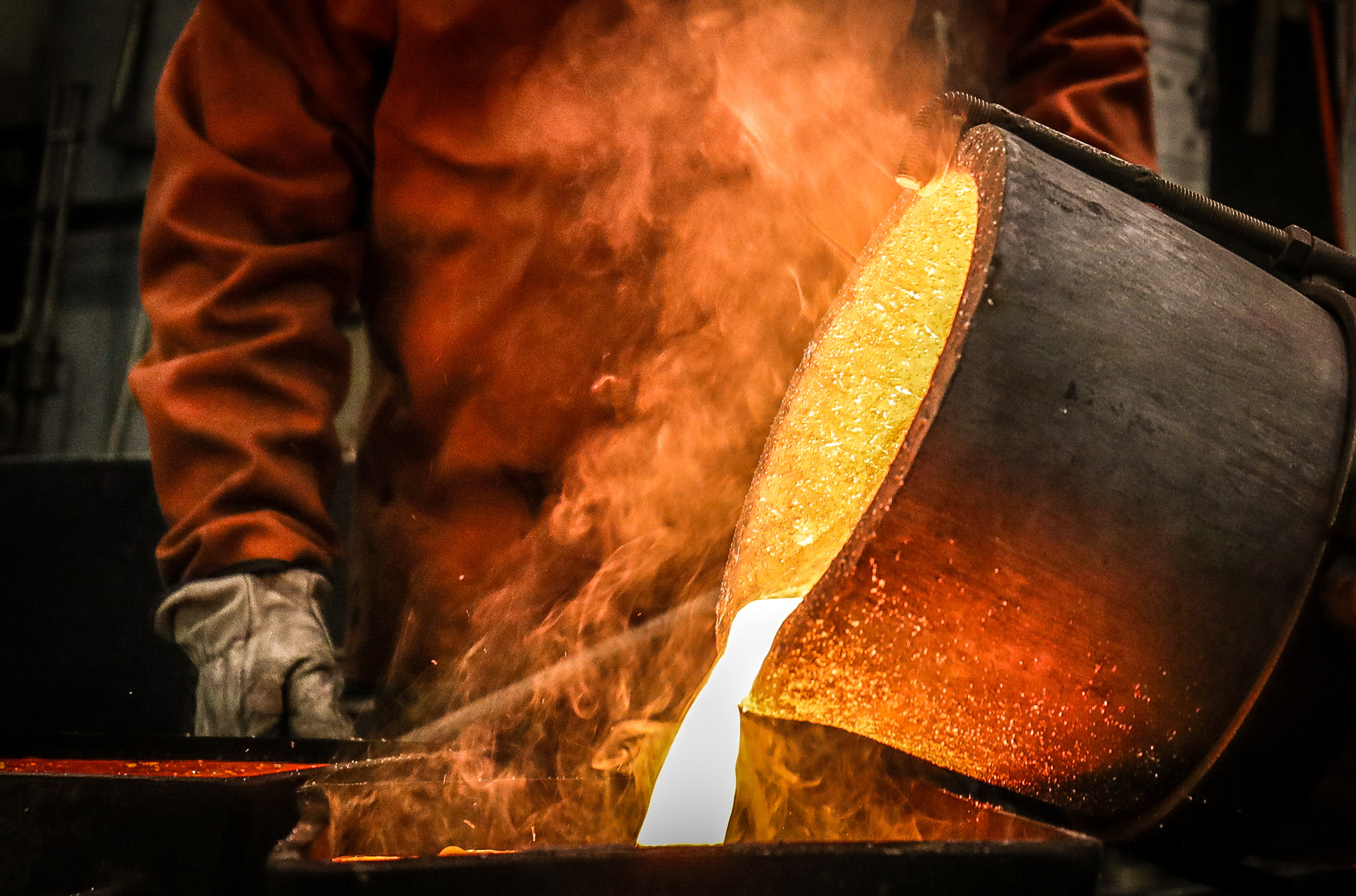
The strong integration with Aditya Birla Group allows Utkal to form stable and longstanding partnerships with other subsidiaries. Despite working in an industry heavily affected by the pandemic, Utkal Alumina International is looking at about 15 per cent year-on-year growth.
Mazhar has plans to expand Utkal by increasing its capacity by 20 per cent. He’s also looking to transform the lives of local communities with education and sustainable livelihoods. For him, kindness goes a long way in helping communities and he walks the talk by fulfilling the promises.
“The raw materials we use in our plant, we owe it to the underprivileged of the country. And we don’t have any business wasting it. So giving back to society will always be there at Utkal.”
Proudly supported by:
